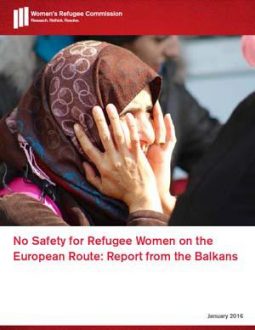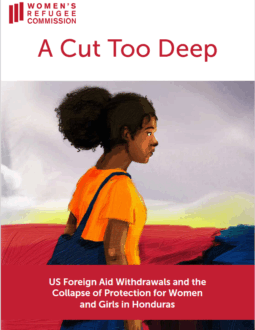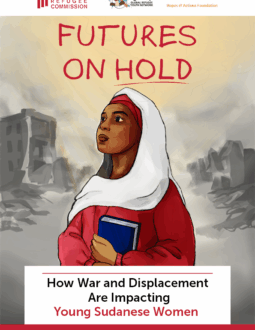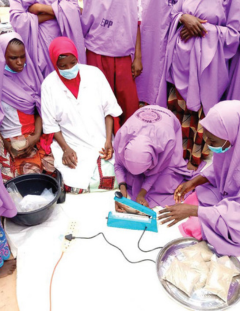
No Safety for Refugee Women on the European Route
PublishedReport from the Balkans
Protection risks for women, girls and other vulnerable groups are present at every stage of the European refugee migration; and at every point where risk could be mitigated, the opportunity to do so is squandered.
Refugee women and girls are often unable to access basic services in transit centers, including sexual and reproductive health care. The lack of clear information and inability to access interpreters, especially female interpreters, hinders women and girls from accessing services and leaves them vulnerable to smugglers and other opportunists. Government officials are inadequately equipped to manage this mobile, vulnerable population. Civil society organizations with relevant gender expertise are typically excluded from the places where they could be most helpful. Finally, the protection risks that women and girls face in all humanitarian crises are exacerbated here by the lack of meaningful legal options to seek asylum or other relief along the route.
There is an urgent need for the Serbian and Slovenian governments, in collaboration and coordination with other countries, the European Union (EU) and the UN refugee agency (UNHCR), to take control of a hastily developed and chaotic humanitarian response and put in place the policies, programs, services and personnel that will protect women and girls from a myriad of risks from the moment they arrive and through the journey to a safe resettlement.






